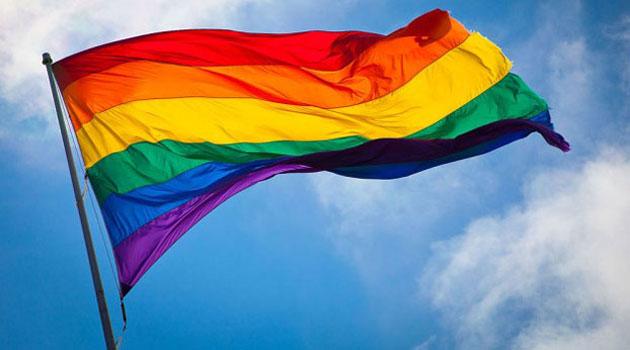Serbia: Police protect LGBT Pride parade, PM's brother is injured

In the center of Belgrade, after a four-year hiatus, an LGBT Pride parade has been allowed to take place. The authorities mobilized large numbers of security forces to prevent violence of the kind sparked by radical nationalists during the event in 2010.
The European Union sent a delegation to the march, as it perceived the event as a test of the Serbian Government’s respect for human rights. Serbia wants to join the EU.
Armor and water cannon
Thousands of police officers with armed transport carriers and water cannon closed off the streets around the march and only permitted accredited participants to join it. The Associated Press reported that several skirmishes took place between smaller groups of right-wing extremists trying to threaten the marchers and the police officers who kept them far from the march route.
Serbian PM Aleksandar Vučić, speaking at a press conference after the event was over, expressed satisfaction with the approach taken by the security forces and appreciation for the restraint shown by the population, thanks to which no significant violence occurred. "So far no reports of criminal behavior have been filed, only a few misdemeanors have taken place," he said, "and Serbia has shown that its citizens are decent people and that the Constitution and the laws apply the same to everyone."
Police injure the PM’s brother
The PM later confirmed that during one incident, members of the special forces injured his younger brother Andrej and three of his bodyguards. The PM said the incident had been a case of police "exceeding their powers" but also said he considered the "matter closed" because the police had apologized.
Serbian websites, citing unofficial sources, reported that the clash occurred when Andrej and his bodyguards wanted to pass through a police cordon. A possible cause was said to be the fact that police officers wanted the PM’s brother to show identification; several people, allegedly including Andrej himself, were subsequently transported to hospital for treatment.
Rainbow flags
Hundreds of people carrying rainbow flags proceeded calmly from the seat of government through streets where traffic had been stopped and shops closed. The march only covered a few hundred meters, but it was of great symbolic meaning as a rare public event by LGBT people in the highly conservative Balkan country.
Four years ago, the BBC reported that a survey in Serbia showed two-thirds of the population perceive same-sex attraction as a disease. "This is an opportunity to show that Belgrade is a world-class capital where all citizens are equal," said Mayor Siniša Mali, who joined the parade together with a group of foreign diplomats, representatives of the Serbian Government, and members of various political parties.
Opponents threaten assault again
Opponents of the event, whose attacks four years ago injured more than 150 people (most of them police officers) and caused damages of more than EUR 1 million, had once again made threats in recent days to attack the parade. Agence France-Presse reported that concerns over violence had been heightened by the five-day hospitalization of a German citizen whom unidentified assailants brutally beat up two weeks ago when he was attending an LGBT rights conference in Belgrade.
Homophobic graffiti had appeared on the walls of the Serbian capital in recent days, reading "No to the March of Shame" or "Stop the Faggots March". Last Saturday thousands of people demonstrated against the parade in the capital.
Church fuels animosity
Animosity toward gays and lesbians is traditionally openly fuelled by the country’s church. The head of the influential Serbian Orthodox Church, Patriarch Irinej, recently condemned the LGBT march once again, saying it was "immoral" and "forced on the country by homosexual lobbyists and their Western European mentors."
The patriarch also said there are links between "homosexuality, incest and pedophilia". According to statistics, 80 % of the Serbian population belongs to the Orthodox Church.
Organizers of the event, however, believed the authorities would maintain order during the parade and that no violence would occur. "The authorities for the first time since 2010 have publicly supported the holding of the parade," explained Boban Stojanović, a representative of the organizing committee.